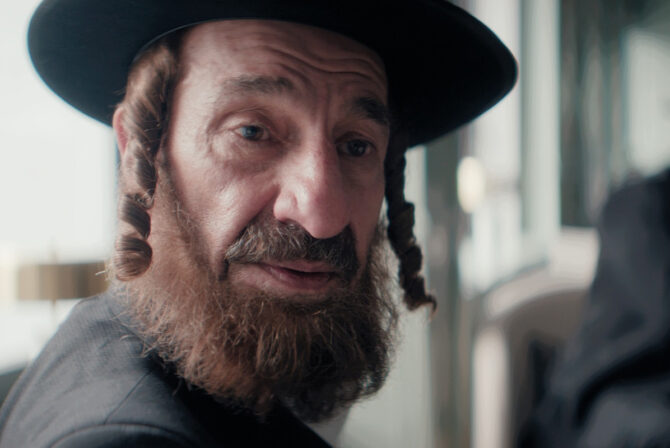My second child is 17 and has a Jewish genetic disease called Familial Dysautonomia. He is a sweet, happy young man who is typical in many ways yet with physical and cognitive limitations. When he turned 16, my father reminded me to say a prayer, expressing gratitude for having raised him to that point in time. I was thankful that he was happy, loved, and that he walks and talks.
It was, however, bittersweet. Oddly enough, I was most sad that he was not on his way to driving a car—the highlight of turning 16 for most teenagers in the United States. The ability to leave the house and your family and find your own way is liberating. I still love to hop in my car and drive away, except sometimes I’m running away from my children. Sweet separation. My eldest son is 18 and he drives. His little sister once asked where her brother, the new driver, was.
“Out,” I answered.
“Why?” she asked.
“Because he can,” I told her.
I vividly recall my elation at getting my license and the incredible freedom I felt. I remember going “out” as often as I could, to that elusive place where parents can’t find you. Nowadays, children can’t be as unavailable as they’d probably like, poor things, because of the homing devices that are their cell phones.
It makes me sad that my second son cannot go “out,” although he doesn’t seem to want to. He is not focused at all on the fact that he is not on the driving trajectory. In fact, he would probably be happy to stay “in” for the rest of his life. He’s happy surrounded by his family and his beloved video games. It’s tempting to let him stay in forever, to keep him safe and sound.
“Maybe he could try taking the driver’s ed course, to see if he could even pass?” I mused to my husband and other children.
They all dismissed the idea as ludicrous. He would be a danger to himself and others, they argued. His lack of attention to the world around him could have disastrous consequences. Are we selling him short? Am I crazy and deluded? Maybe a little.
It’s part of the ongoing see-saw of raising a differently-abled child. I am grateful for the things he is able to do, but the grief for what he can’t do lurks in the background. His brothers are tall, strapping young men like their father. I encourage this son to consume as many calories as he can, so that maybe he can be as tall as his 5’4” mother. I cling to things I may have a touch of control over, to maintain an illusion of normalcy.
There is a popular essay that is given to many parents when they have a disabled child. It is called “Welcome to Holland.” The gist of it is that you were planning a trip to Italy and were shocked to find you arrived in Holland. Once getting over your disappointment at landing at the wrong destination, you look around and discover the beautiful things in Holland. It’s a lovely metaphor to try to make you feel better about the immense sadness you feel when you have a less-than-perfect child.
It works for a while, perhaps getting you through the early years of crushing hardship and disbelief. I have a group of women friends who I met in a support group 10 years ago, all who have disabled children. My “Special Mom” friends, I call them.
“Holland sucks,” we wholeheartedly agree.
But here we are. We strive to savor the sweet and tolerate the bittersweet.
So it was a “Bittersweet 16” for me, but not for my son. Who cares that driving’s not in his future? I’ll teach him how to ride the bus.
Read More:
The Moment My Queer Interfaith Family Finally Felt Like We ‘Fit In’
My Daughter’s Asthma Turned Me into an Overbearing Mom, Whether I Wanted To Or Not
11 Things You Might Not Know About ‘Fiddler on the Roof’







